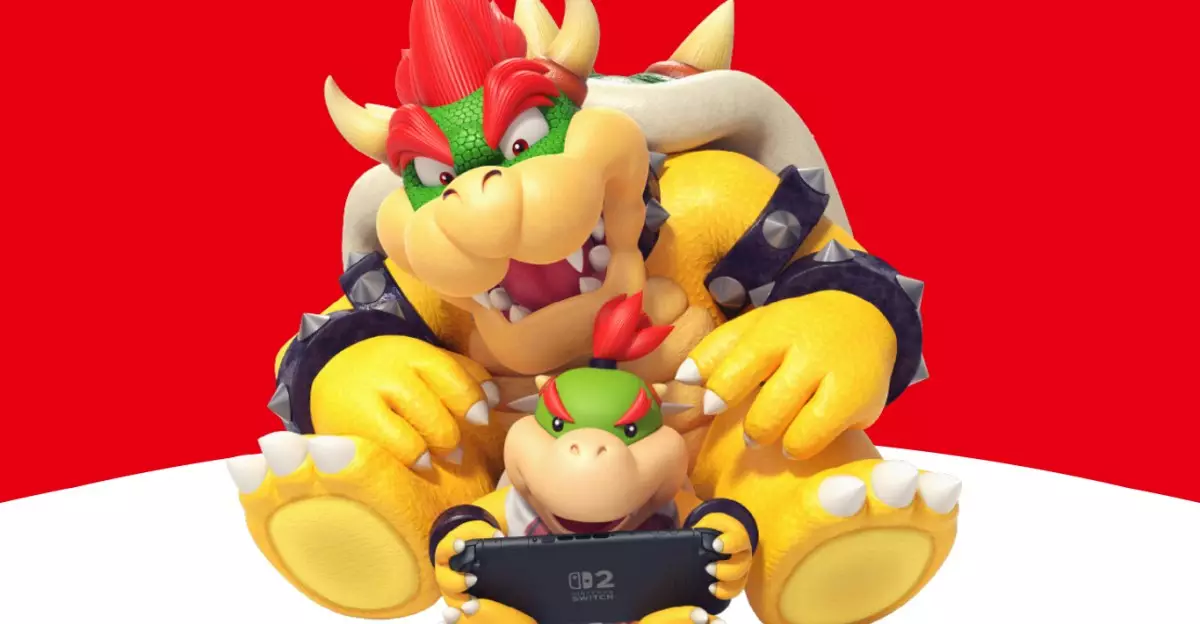In an era where digital engagement is a constant presence in children’s lives, the importance of parental oversight becomes paramount. Recently, the Nintendo Switch has taken significant strides in this regard, particularly with the imminent release of the Switch 2 on June 5th. The unveiling of an updated Parental Controls app not only aims to facilitate better management of gaming habits but also reinforces the necessity of parental involvement in a child’s online interactions.
The New GameChat Features: A Double-Edged Sword
A noteworthy upgrade within the app is its compatibility with the new GameChat video feature, intended to foster social interaction among young gamers. However, this feature comes with stringent restrictions for players under the age of 16. It mandates that parents must pre-approve any of their child’s friends before they can engage in a video chat. While this precaution serves the ideal purpose of ensuring safe and monitored interactions, one must question whether such measures could inadvertently stifle the natural socialization process among young players.
The ability for parents to approve a child’s friends and monitor their GameChat usage is beneficial, providing a layer of security that is crucial in today’s digital sphere. Moreover, parents can leave notes in the app regarding their children’s contacts, which is an ingenious way to keep track of whom kids are communicating with. Still, it raises concerns about whether excessive oversight might lead to a lack of independence for the child, which can be detrimental as they grow and learn to navigate interpersonal relationships.
Understanding Nintendo’s Approach to Safety
Nintendo’s stringent policies surrounding the use of video capabilities in GameChat reflect a growing concern for online safety. The requirement for parental authorization each time a video chat is initiated underscores the company’s commitment to safeguarding younger gamers from potential risks associated with video sharing. This proactive stance is commendable; however, it may also lead to frustrations for both parents and children alike.
For parents, the constant need to approve video chats can become an overwhelming task, potentially leading to pushback from their children, who may feel their autonomy is being jeopardized. For children, the waiting game that accompanies the approval process might be a source of irritation. They may miss out on spontaneous conversations with peers, which is vital for social bonding at a young age.
Striking a Balance: Freedom vs. Safety
The challenge lies in finding an optimal balance between ensuring safety and allowing freedom. In an age where children must learn the ropes of digital communication, parents must not only employ these controls but also engage in open conversations about responsible gaming practices. An educational approach can mitigate the risks associated with unsupervised online interaction while preserving children’s rights to self-expression and social interaction.
Overall, while Nintendo’s enhancements to parental controls are essential steps toward a safer online gaming environment for children, it is crucial to remember that overprotection could lead to unintended consequences, like social isolation or resentment. By fostering open dialogue and collaboration, parents can not only protect their children but also prepare them for a future where digital interaction is an integral part of daily life.

